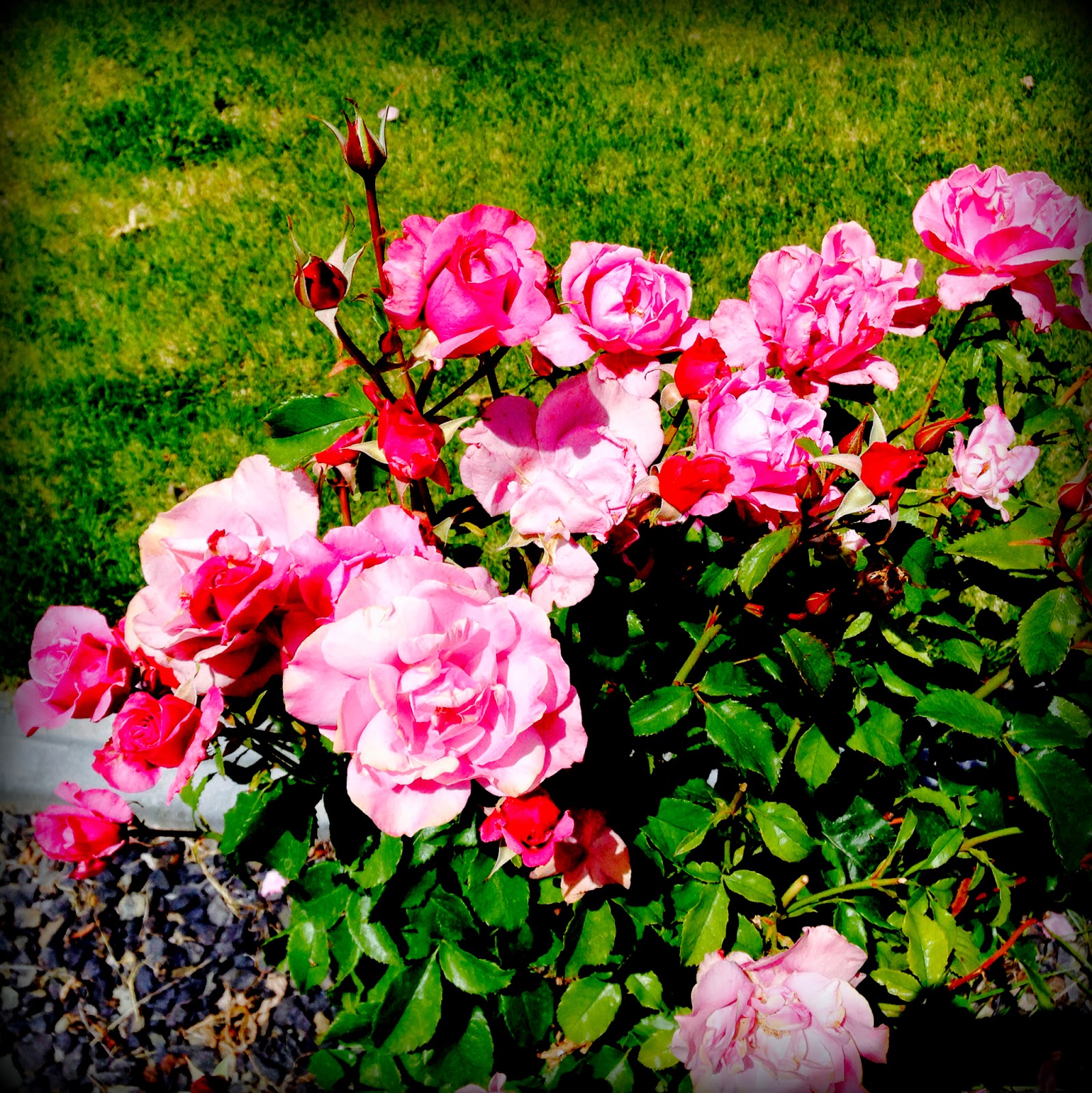Indian pipes at Thorne Swift Nature Preserve, Emmet County, Michigan, several years ago.
I had never seen such a large clump before.
INDIAN PIPES
Look, I said, Indian pipes
flowers for ghosts.
You stopped to gather a few
of the livid blooms, then we
went on through deepening woods.
You walk there still---
ghost flowers withering
in your hands, long since a ghost.
Robert Hayden (1913-1980)
The New Yorker, June 23, 2014, page 44.
What a wonderful surprise to find Robert Hayden (long since a ghost) in the pages of a recent New Yorker! And with a poem about those delicate lovely, ghostly growing things that so impressed me when I saw them. I was surprised to discover that I have never put the poem below on this blog. It has been one of my favorites ever since I was first really interested in poetry, and is still one of the few poems I know, reliably, by heart.
Here is a link to a short biography of Hayden.
Those Winter Sundays
Sundays too my father got up early
and put his clothes on in the blueblack cold,
then with cracked hands that ached
from labor in the weekday weather made
banked fires blaze. No one ever thanked him.
I’d wake and hear the cold splintering, breaking.
When the rooms were warm, he’d call,
and slowly I would rise and dress,
fearing the chronic angers of that house,
Speaking indifferently to him,
who had driven out the cold
and polished my good shoes as well.
What did I know, what did I know
of love’s austere and lonely offices?
Robert Hayden, from The Collected Poems of Robert Hayden, Liveright, 1966.
This is just plainly a stunning poem! Rest well, Robert Hayden!































